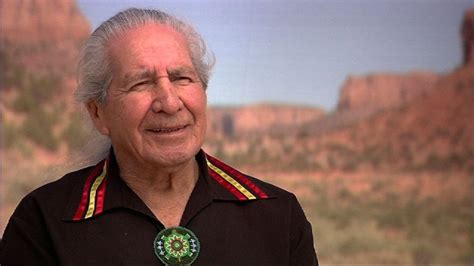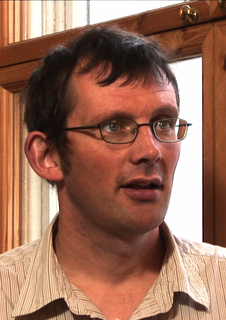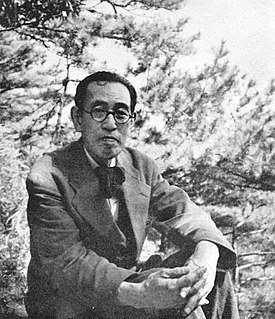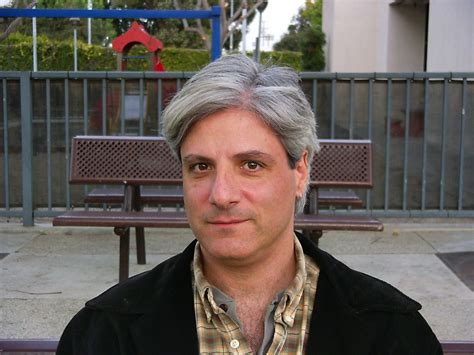A Quote by Pamela Hansford Johnson
There are few things more disturbing than to find, in somebody we detest, a moral quality which seems to us demonstrably superior to anything we ourselves possess. It augurs not merely an unfairness on the part of creation, but a lack of artistic judgment. Sainthood is acceptable only in saints.
Related Quotes
There is a form of eminence which does not depend on fate; it is an air which sets us apart and seems to prtend great things; it is the value which we unconsciously attach to ourselves; it is the quality which wins us deference of others; more than birth, position, or ability, it gives us ascendance.
While some animals exhibit individual powers in higher perfection, man stands for their superior, not only in combining in his own body all the senses and faculties which they possess, but in being endowed with moral and intellectual powers which are denied to them, and which at once place him at the head of the living creation, and constitute him a moral, religious, intelligent, and responsible being.
I do not see a delegation for the four-footed. I see no seat for the eagles. We forget and we consider ourselves superior, but we are after all a mere part of the Creation. And we must continue to understand where we are. And we stand between the mountain and the ant, somewhere and there only, as part of the Creation.
Among the older records, we find chapter after chapter of which we can read the characters, and make out their meaning: and as we approach the period of man's creation, our book becomes more clear, and nature seems to speak to us in language so like our own, that we easily comprehend it. But just as we begin to enter on the history of physical changes going on before our eyes, and in which we ourselves bear a part, our chronicle seems to fail us-a leaf has been torn out from nature's record, and the succession of events is almost hidden from our eyes.
We are always more anxious to be distinguished for a talent which we do not possess, than to be praised for the fifteen which we do possess. Sometimes we are too close to the scene, to see clearly. We "know" ourselves so well that we cannot see how we are perceived by others. Our opinion of ourselves is only "one" opinion and it may not be the truth.
Although our moral conscience is a part of our consciousness, we do not feel ourselves on an equality with it. In this voice which makes itself heard only to give us orders and establish prohibitions, we cannot recognize our own voices; the very tone in which it speaks to us warns us that it expresses something within us that is not of ourselves.
We are not saints yet, but we, too, should beware. Uprightness and virtue do have their rewards, in self-respect and in respect from others, and it is easy to find ourselves aiming for the result rather than the cause. Let us aim for joy, rather than respectability. Let us make fools of ourselves from time to time, and thus see ourselves, for a moment, as the all-wise God sees us.
There is nothing you need to do to make yourself more acceptable to God. You don't have to work harder, nor do you need to change the kind of work you do. You don't have to give more money to charitable organizations. The reality is, God doesn't want you to give anyone anything if you only do it to impress God! God does not love you or find you acceptable because of anything that you do. God loves you and accepts you because you are a part of God.
It seems to us that in intelligence there is a fundamental faculty, the alteration or the lack of which, is of the utmost importance for practical life. This faculty is judgment, otherwise called good sense, practical sense, initiative, the faculty of adapting one's self to circumstances. A person may be a moron or an imbecile if he is lacking in judgment; but with good judgment he can never be either. Indeed the rest of the intellectual faculties seem of little importance in comparison with judgment.






































